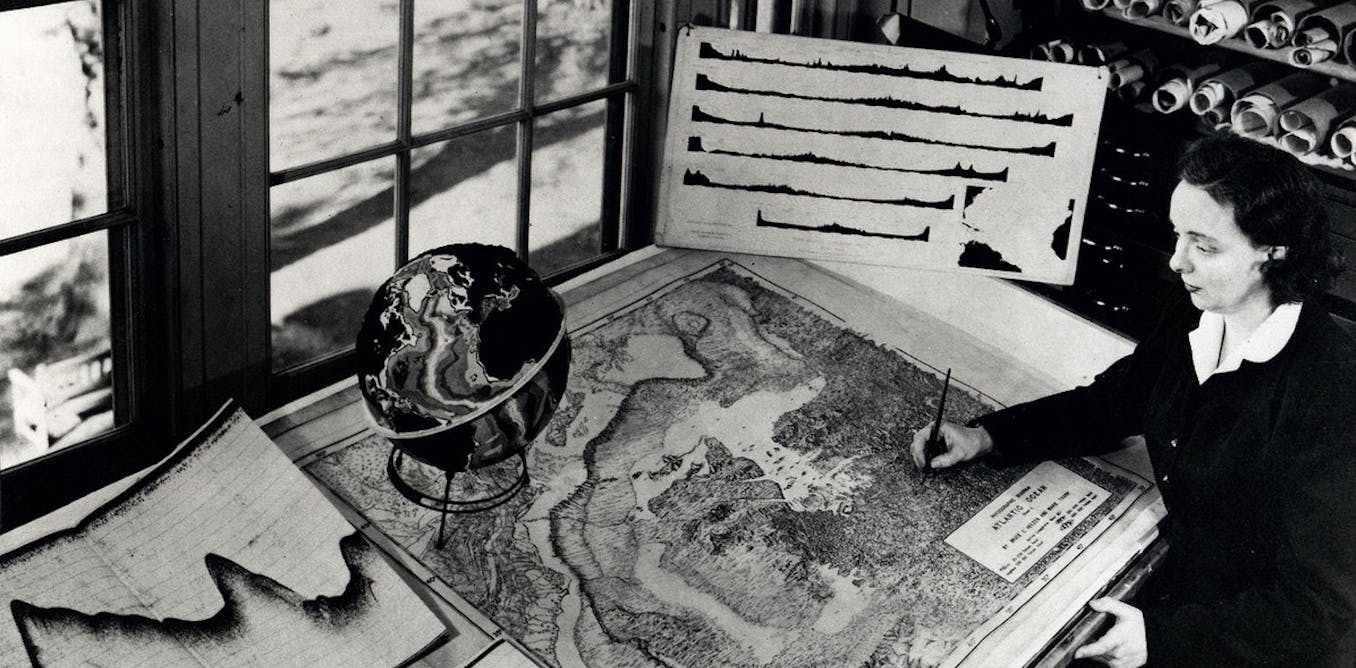None of the 2021 science Nobel laureates are women – here's why men still dominate STEM award winning
Science fields are improving at being more inclusive. But explicit and implicit barriers still hold women back from advancing in the same numbers as men to the upper reaches of STEM academia.
Oct. 8, 2021 • ~12 min




